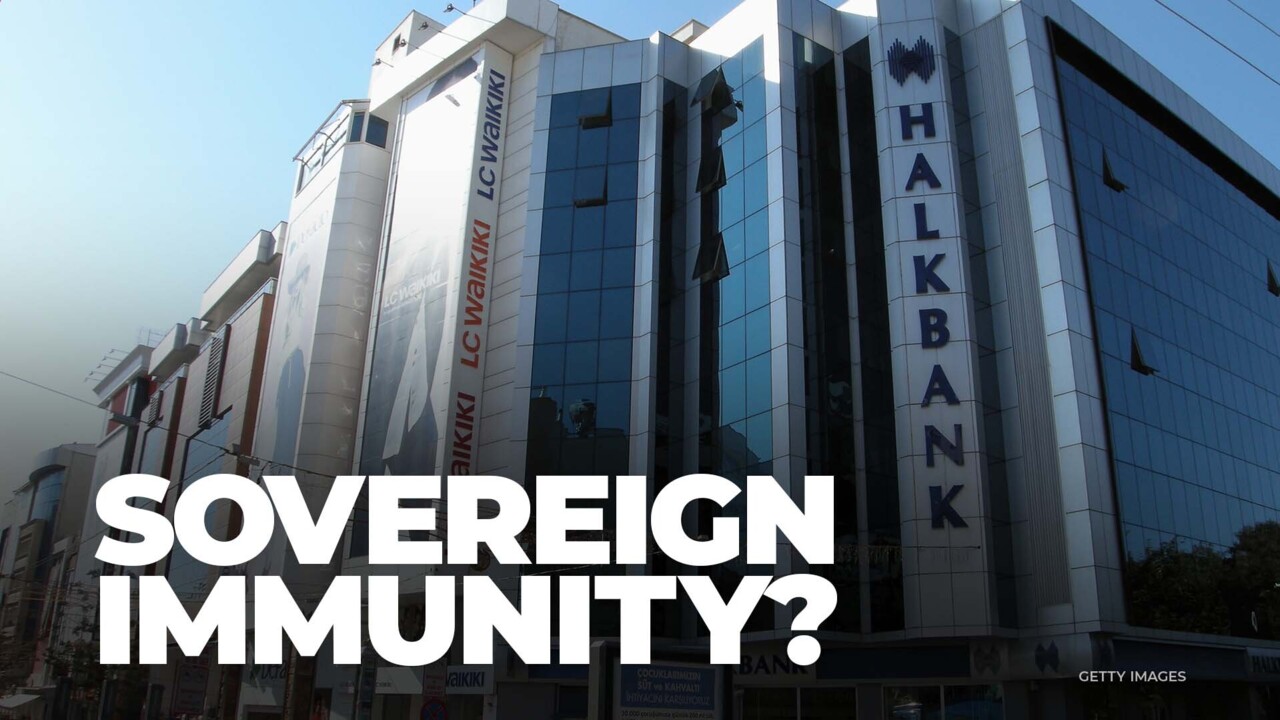
Can a Turkish government-owned bank be prosecuted by the U.S. government for money laundering and fraud? That’s a question the Supreme Court will have to answer.
Halkbank was first indicted in 2019. US prosecutors accused the bank of laundering billions of dollars of revenue made by the sale of Iranian oil and natural gas. The US government said it was the “largest-known conspiracy to evade the United States’s economic sanctions on Iran.”
Here’s the catch, the company’s biggest stakeholder is the Turkish government, so they argue they’re immune from prosecution under the Foreign Sovereign Immunities Act.
The Turkish government told the court in a brief that it “directly controls and manages Halkbank through multiple channels.”
“Turkey treats the Bank as an arm of the state, indistinguishable from the government itself,” the brief stated.
Halkbank’s lawyers told the justices that neither sovereign nations, nor organizations created and owned by the state can be prosecuted.
“The indictment in 10 places says the Government of Turkey committed a crime and it did it through its bank. It 10 times accuses the head of a foreign state of committing a gazillion criminal acts and says and you ran it through your bank that you owned,” Lisa Schiavo Blatt, of the law firm Williams & Connolly said. “It’s as if Janet Yellen and the Department of Treasury committed a crime.”
Lawyers for the US government argued that Congress never intended for sovereign immunity to apply to government owned businesses.
“Petitioners asking for an extraordinary and unprecedented rule under which any foreign government owned corporation could become a clearinghouse for any federal crime including interfering in our elections, stealing our nuclear secrets, or something like here, evading our sanctions,” Deputy Solicitor General Eric J. Feigin said.
Pakistan, Azerbaijan and Qatar filed a brief in support of Halkbank. The US Solicitor General’s office says the fact that only three countries spoke up in support of Turkey says a lot.
Justices will release a decision by this summer. For more updates on Supreme Court Cases stick with Straight Arrow News for unbiased, straight facts.










